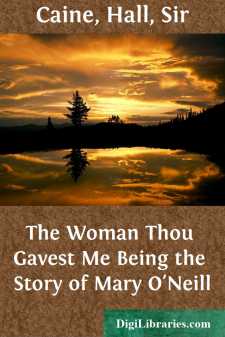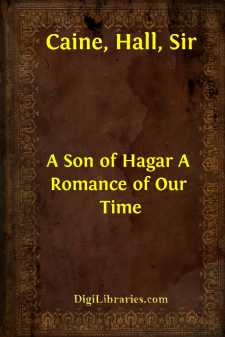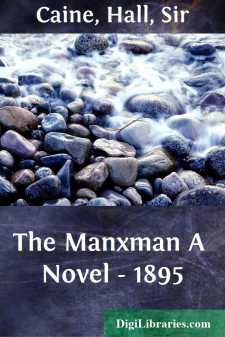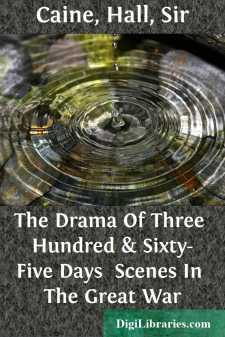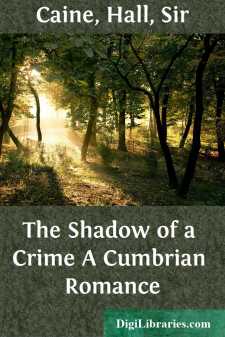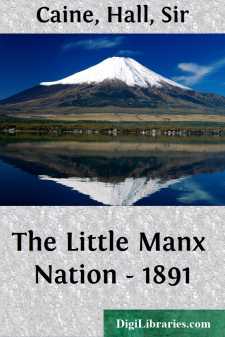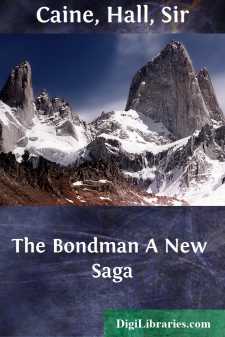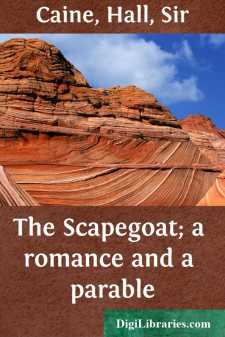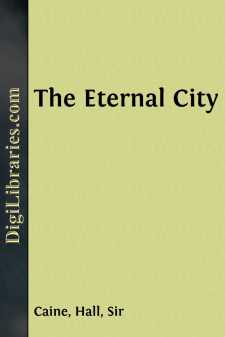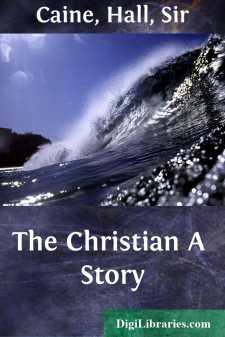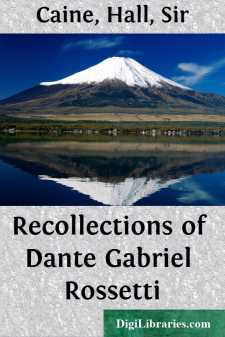Categories
- Antiques & Collectibles 13
- Architecture 36
- Art 48
- Bibles 22
- Biography & Autobiography 813
- Body, Mind & Spirit 142
- Business & Economics 28
- Children's Books 15
- Children's Fiction 12
- Computers 4
- Cooking 94
- Crafts & Hobbies 4
- Drama 346
- Education 46
- Family & Relationships 57
- Fiction 11828
- Games 19
- Gardening 17
- Health & Fitness 34
- History 1377
- House & Home 1
- Humor 147
- Juvenile Fiction 1873
- Juvenile Nonfiction 202
- Language Arts & Disciplines 88
- Law 16
- Literary Collections 686
- Literary Criticism 179
- Mathematics 13
- Medical 41
- Music 40
- Nature 179
- Non-Classifiable 1768
- Performing Arts 7
- Periodicals 1453
- Philosophy 64
- Photography 2
- Poetry 896
- Political Science 203
- Psychology 42
- Reference 154
- Religion 513
- Science 126
- Self-Help 84
- Social Science 81
- Sports & Recreation 34
- Study Aids 3
- Technology & Engineering 59
- Transportation 23
- Travel 463
- True Crime 29
The Woman Thou Gavest Me Being the Story of Mary O'Neill
by: Hall Caine
Description:
Excerpt
"Out of the depths, O Lord, out of the depths," begins the most beautiful of the services of our church, and it is out of the depths of my life that I must bring the incidents of this story.
I was an unwanted child—unwanted as a girl at all events. Father Dan Donovan, our parish priest, told me all about it. I was born in October. It had been raining heavily all day long. The rain was beating hard against the front of our house and running in rivers down the window-panes. Towards four in the afternoon the wind rose and then the yellow leaves of the chestnuts in the long drive rustled noisily, and the sea, which is a mile away, moaned like a dog in pain.
In my father's room, on the ground floor, Father Dan sat by the fire, fingering his beads and listening to every sound that came from my mother's room, which was immediately overhead. My father himself, with his heavy step that made the house tremble, was tramping to and fro, from the window to the ingle, from the ingle to the opposite wall. Sometimes Aunt Bridget came down to say that everything was going on well, and at intervals of half an hour Doctor Conrad entered in his noiseless way and sat in silence by the fire, took a few puffs from a long clay pipe and then returned to his charge upstairs.
My father's impatience was consuming him.
"It's long," he said, searching the doctor's face.
"Don't worry—above all don't worry," said Father Dan.
"There's no need," said Doctor Conrad.
"Then hustle back and get it over," said my father. "It will be five hundred dollars to you if this comes off all right."
I think my father was a great man at that time. I think he is still a great man. Hard and cruel as he may have been to me, I feel bound to say that for him. If he had been born a king, he would have made his nation feared and perhaps respected throughout the world. He was born a peasant, the poorest of peasants, a crofter. The little homestead of his family, with its whitewashed walls and straw-thatched roof, still stands on the bleak ayre-lands of Ellan, like a herd of mottled cattle crouching together in a storm.
His own father had been a wild creature, full of daring dreams, and the chief of them had centred in himself. Although brought up in a mud cabin, and known as Daniel Neale, he believed that he belonged by lineal descent to the highest aristocracy of his island, the O'Neills of the Mansion House (commonly called the Big House) and the Barons of Castle Raa. To prove his claim he spent his days in searching the registers of the parish churches, and his nights in talking loudly in the village inn. Half in jest and half in earnest, people called him "Neale the Lord." One day he was brought home dead, killed in a drunken quarrel with Captain O'Neill, a dissolute braggart, who had struck him over the temple with a stick. His wife, my grandmother, hung a herring net across the only room of her house to hide his body from the children who slept in the other bed.
There were six of them, and after the death of her husband she had to fend for all. The little croft was hungry land, and to make a sufficient living she used to weed for her more prosperous neighbours. It was ill-paid labour—ninepence a day fine days and sixpence all weathers, with a can of milk twice a week and a lump of butter thrown in now and then....


